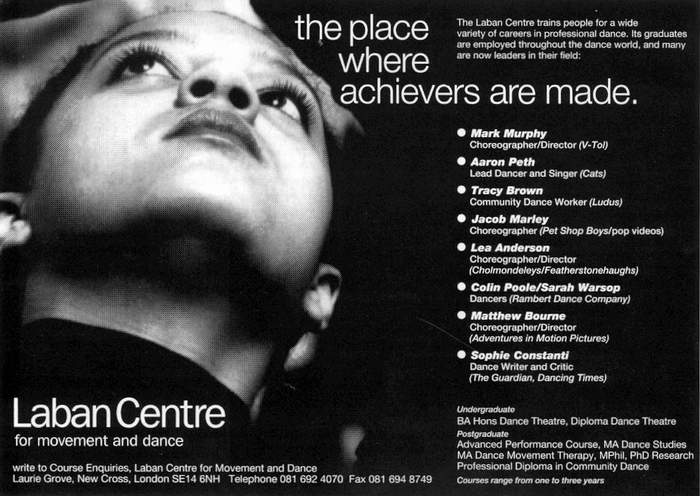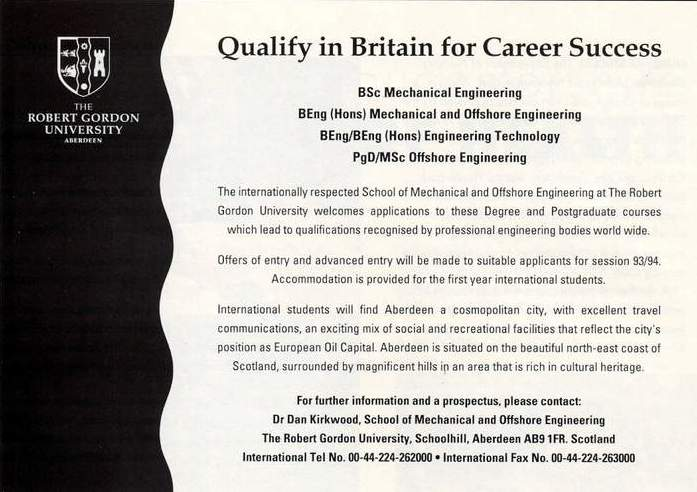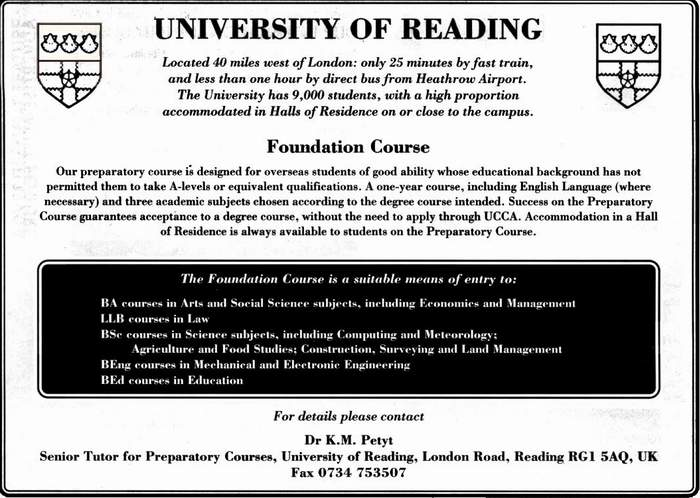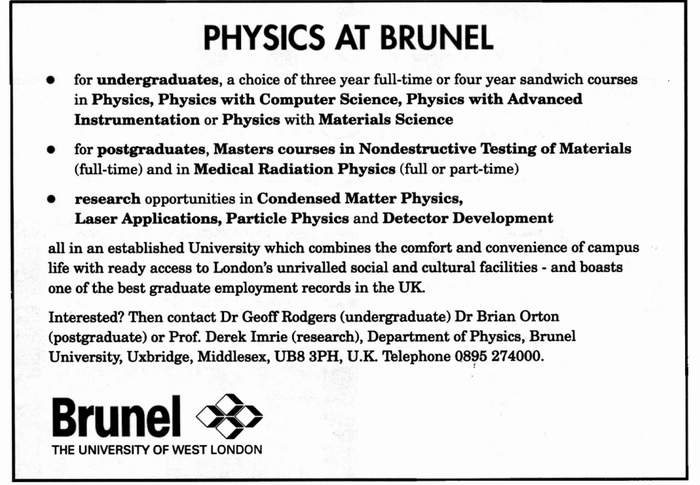
- •Министерство образования рф
- •Part I. The United Kingdom of Great Britain and Northern Ireland Unit1. Cultural aspects of geography
- •United Kingdom of Great Britain and Northern Ireland
- •National flag of the United Kingdom `Union Jack`
- •Physical Features, landscape.
- •England
- •Basic facts:
- •National flag of England
- •Dover Task 2. Read the description of counties and concentrate on cultural associations that geographical names have. While reading make a table:
- •Scotland
- •Basic facts:
- •National flag of Scotland
- •Edinburgh
- •Northern Ireland
- •Basic facts:
- •National flag of Northern Ireland
- •Basic facts:
- •National flag of Wales
- •Task 6. Check yourself questions:
- •Unit2. Population of the uk basic facts:
- •Migration
- •The English
- •The Welsh
- •The Scots
- •The Irish
- •The History and Structure of Immigration
- •Nationality Legislation
- •Culture
- •Asylum seekers bring many benefits
- •Britain opens door for skilled immigrants to fill hi-tech jobs
- •Race row hits Tories
- •Unit 3. Monarchy basic facts:
- •History
- •The Royal Coat of Arms and the Anthem
- •Kensington Palace
- •Task 3.Check yourself questions:
- •50 Facts about the queen's reign
- •50 Facts about the duke of edinburgh
- •Unit 4. Parliament
- •Basic facts:
- •Layout of the Palace of Westminster
- •The House of Lords
- •The House of Commons
- •Conduct of debates in the Commons
- •A typical day's business in the Commons Chamber.
- •Unit 5. Political Parties and Government basic facts:
- •Political Parties
- •The Party System in Parliament
- •Financial Assistance to Parties
- •Local Government
- •The iron lady
- •Tribute to john major
- •Theme 6. Law system
- •Types of Courts
- •High Court CoCourt basic facts:
- •Types of Schools
- •Entry requirement to British universities, colleges or jobs
- •Higher Education
- •Theme 8. Ways of Life in uk basic facts:
- •3. Parks in Great Britain
- •Ingredients:
- •Student d. Scotch Broth
- •Theme 9. Customs and traditions
- •Basic facts:
- •Christmas Traditions
- •Pearly Kings and Queens
- •Scotland’s symbols and traditions
- •The Night of Hogmanay
- •The New Year
- •Highland Games
- •Burns’ Night
- •Gretna Green Marriages
- •Welsh symbols and traditions
- •St David’s Day
- •Wishing Wells and Love Spoons
- •The Red Dragon of Wales
- •Eisteddfod
- •Noson Lawen
- •Cymanfa Ganu
- •Halloween
- •Symbols and traditions of northern ireland
- •The Red Hand of Ulster
- •Shamrock
- •White Ribbon
- •St Patrick’s Day
- •Easter Customs in Northern Ireland
- •Theme 10. Going out
- •Basic facts:
- •English Pubs
- •Pubs in Scotland
- •Irish pubs
- •Welsh pubs
- •January/February/March/April 2003
- •Part II. Republic of Ireland Unit 1. Land and People basic facts:
- •St Patrick’s Cathedral
- •Task 6. Check yourself questions:
- •Task 7. Match up the names of counties and their peculiarities.
- •Task 8. Choose a holiday in Ireland. Discuss the tours with a partner and choose one.
- •Theme 2. History of Ireland
- •Basic facts:
- •A Brief Outline of History
- •Theme 3. Political Life, Economic and Cultural Development of Ireland basic facts:
- •Contents
- •Theme 6. Law system. Skills developed: reading (interpreting facts, summarizing), classification.
- •References:
Higher Education
The two types of higher education institutions are:
universities, which have the power to award their own degrees at all levels
university sector colleges, some of which award their own degrees but the majority of which do so through a university
British universities (including the television-based Open University and the privately-funded University of Buckingham) are completely self-governing, and their academic and financial independence is guaranteed by a committee that disburses to them funds authorized by Parliament. Major universities in Great Britain include three in England; University of Oxford, University of Cambridge (the two oldest universities, known together as ‘Oxbridge’) and the University of London; and one in Scotland, the University of Edinburgh. Other ancient Scottish universities are: St Andrews, Glasgow and Aberdeen. In the nineteenth century many redbrick universities were established to respond to the demand for educated people created by the Industrial Revolution. Many of these were situated in industrial centers like Birmingham, Manchester, Newcastle, Liverpool, Bristol. Many new universities and other institutions of higher education have been founded since World War II ended in 1945, and admission policies have been broadened. In the 1960s several universities were established. They were named after counties rather than cities, for example Sussex, Kent, East Anglia, Strathclyde. The Further and Higher Education Act of 1992 gave the former polytechnic colleges university status. Studying for their first degree undergraduate students can take three years for an honours degree. Some degree courses, particularly in Scotland, take four years to complete, and some even longer than that. The following are examples of first degrees:
Bachelor of Arts (BA)
Bachelor of Education (BEd)
Bachelor of Engineering (BEng)
Bachelor of Law (LLB)
Bachelor of Science (BSc)
Students with good degrees can go on to a postgraduate or higher degree. Generally, international students will be expected to have the equivalent of a second-class honours or better.
Postgraduate study can lead to:
a postgraduate diploma (normally aimed at a professional qualification, and normally a one-year taught course)
a master's degree, such as an MA or MSc (normally a course lasts for one year, and can be either a taught course, or a piece of original research, or both)
an MPhil, or a doctorate, normally a PhD (awarded only after an approved piece of original research)
study in a subject in depth for its own sake, or using postgraduate work to train for a profession (accountancy, architecture, banking and law have very specific requirements laid down by the relevant professional bodies)
Frequently, a taught master's degree will lead to the chance to do some original research, perhaps at PhD level.
Task 2. Check yourself questions:
Do parents have to pay for their children in public schools?
Do parents have to pay for their children in Comprehensive schools?
What do you know about Grammar schools?
Are Primary and Secondary schools normally housed in one and the same building?
Name some of the most prestigious private schools in Britain.
How has the system of secondary education developed?
What do students do in the sixth form?
What groups of universities can be singled out?
How do students enter a university?
Name some universities.
What are the academic degrees that one can get at a university?
Task 3. Fill in the blanks in the story about three English children.
His name is Graham Jones, and he is fifteen. His father is top manager at Lloyd’s Insurance Company. He first went to ____1______ school when he was ____2____ years old, then at the age of ____3____ he went on to a private ____4____ school, and then to the oldest _____5____ school called _____6____ college.
Her name is Maggie Greene. She is seventeen and studies in the state sector. She first went to ____1_____ school when she was ___2_____ . There was no __3___ school that would give academic education free of charge close to her house, so she went to a ____4_____ school. Now she is a ____5____ form student preparing for a university. At the end of her course she is going to sit for ___6____ exam.
His name is Philip Powell. He is seventeen and works as a car mechanic. After ____1___ school he went to a _____2_____ school, then passed exams for __3_. After leaving school he took a course, which allowed him to get a job specific qualification called ______.
Task 4. Compare the system of education in Russia and in Britain. What are the similarities and the differences? Try to pinpoint some notions, which have very different socio-cultural implications, like ‘ a boarding school’ and ‘школа-интернат’.
Task 5. Student A. Read the first three advertisements and get ready to give advice to your partner. You are interested in an undergraduate course in London or not very far from London. Since you are not a British citizen, you are also interested in some preparatory courses. Ask your partner questions for detail. If something appeals to you in the ads you have read, consult your partner.
Student B. Read the last three advertisements and get ready to give advice to your partner. You are interested in a postgraduate course, preferably in Scotland. Ask your partner questions for detail. If something appeals to you in the ads you have read, consult your partner.
Task 6. Re-read the advertisements and pick out educational terms.





